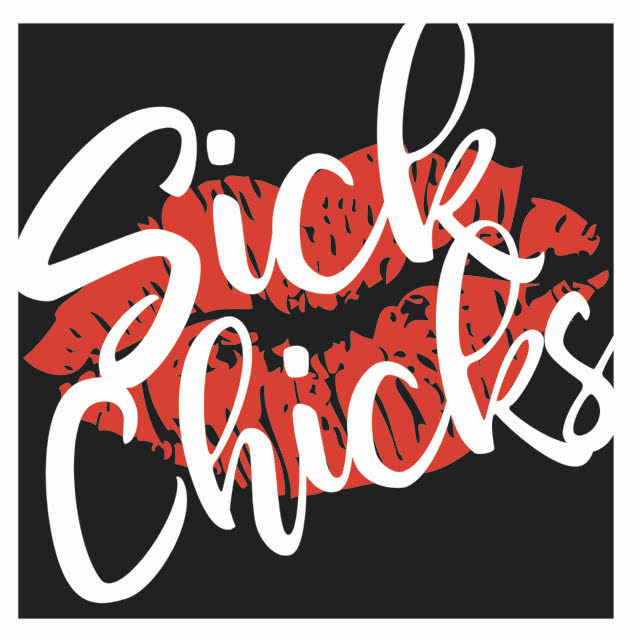Empowerment is what I feel when I know I am being seen.
Growing up, theater is what made me feel empowered. I spent my childhood and adolescence partaking in voice lessons and dance classes. I went to an arts high school, and I breathed theater like air. When I was on a stage, the most vulnerable parts of me were exposed and visible to others, I knew who I was, I was unwavering in what I wanted for myself. I was absolute. After I graduated, I got a job as a performer for Disney. I worked for the company almost four years, in Anaheim, CA and Tokyo, Japan.
Growing up, I was also sick. Pediatricians told my parents that I would eventually grow out of it, but I didn’t. All of the sudden, I was spending my weekdays in doctor’s appointments and weekends in bed. I had no choice but to quit my job, and move back in with my parents. My unwavering sense of salience, now decrepit. I knew I was sick, but my lab tests consistently retorted with normal results. I looked healthy on paper, and I looked healthy in person. I heard responses like “You’re probably just stressed,” “You have an anxious stomach,” and my personal favorite, “You’re a woman.”
I was sick, but my sickness was invisible.
Attending an arts high school provided a wonderfully positive environment for me and my peers to express ourselves. “Coming out” should be a liberating experience, unique to each individual, and this was widely understood and accepted on our campus. An environment for people to uncover and make themselves visible is important. People deserve to celebrate who they are.
Although it wasn’t until my high school boyfriend and I broke up that I felt comfortable expressing my sexuality with close friends. I knew I liked women, I knew this was something I should celebrate, but somehow I thought my attraction to men made me less deserving of that celebration.
How was it even possible for someone to be attracted to women and men? Maybe I wasn’t queer at all, maybe I was just promiscuous or greedy. Maybe I was going through a phase. Bisexuality and Pansexuality can seem taboo to some because of the notion that you have to pick a side. And when I was younger, I was surrounded by people who, in fact, did pick a side. They liked women or they liked men. They were gay, lesbian, or straight. They were decisive; firm and unyielding in their identity. And I was the grey area.
I was queer, but my queerness was invisible.
I was finally diagnosed with Postural Orthostatic Tachycardia Syndrome, or POTS (among other illnesses) in January 2016. A diagnosis definitely provided solace from the ominous uncertainty. Still, the backhanded comments from doctors and friends persisted. “But you look fine, you don’t look sick at all.” I still appeared healthy on paper and in person.
Having a diagnosed invisible chronic illness, without an identified cause or cure can make you feel like you're caught in the dark. Discovering Sick Chicks was like someone had switched on a light. Yes, I am sick. My chronic illness doesn't define me, but it exists and it is a part of my life. I will say that I am sick, and I will be heard. In my sickness I am strong and I am visible.
The same goes for my sexuality. I like men, women, and anyone in-between. This does not make me confused or promiscuous, this makes me bisexual. I will say that I am part of the LGBTQIA+ community, and I will be heard. I am firm and unyielding in my identity. I am visible.
To be visible, to be beheld in your you-ness is a powerful thing.
Illness is subjective, sexuality is subjective, the human experience is subjective. Subjective, but also perceptible.
I am humbled to be part of such an inclusive and supportive community, and as an ambassador, I hope to encourage this sense of empowerment and visibility onto my fellow Sick Chicks.
Ciara is 23 years old, and currently works as an Instructional Aide for the Disability Services Department at a high school. She is going to school with aspirations to become a scientist, and pursue a career in STEM. Follow her on Instagram and twitter at @ciaratmccann.
Image Description: A young woman, Ciara, with short brown hair and a septum piercing is smiling in front of a white wall wearing a grey tank top with a coral sweater wrapped around her waist.


